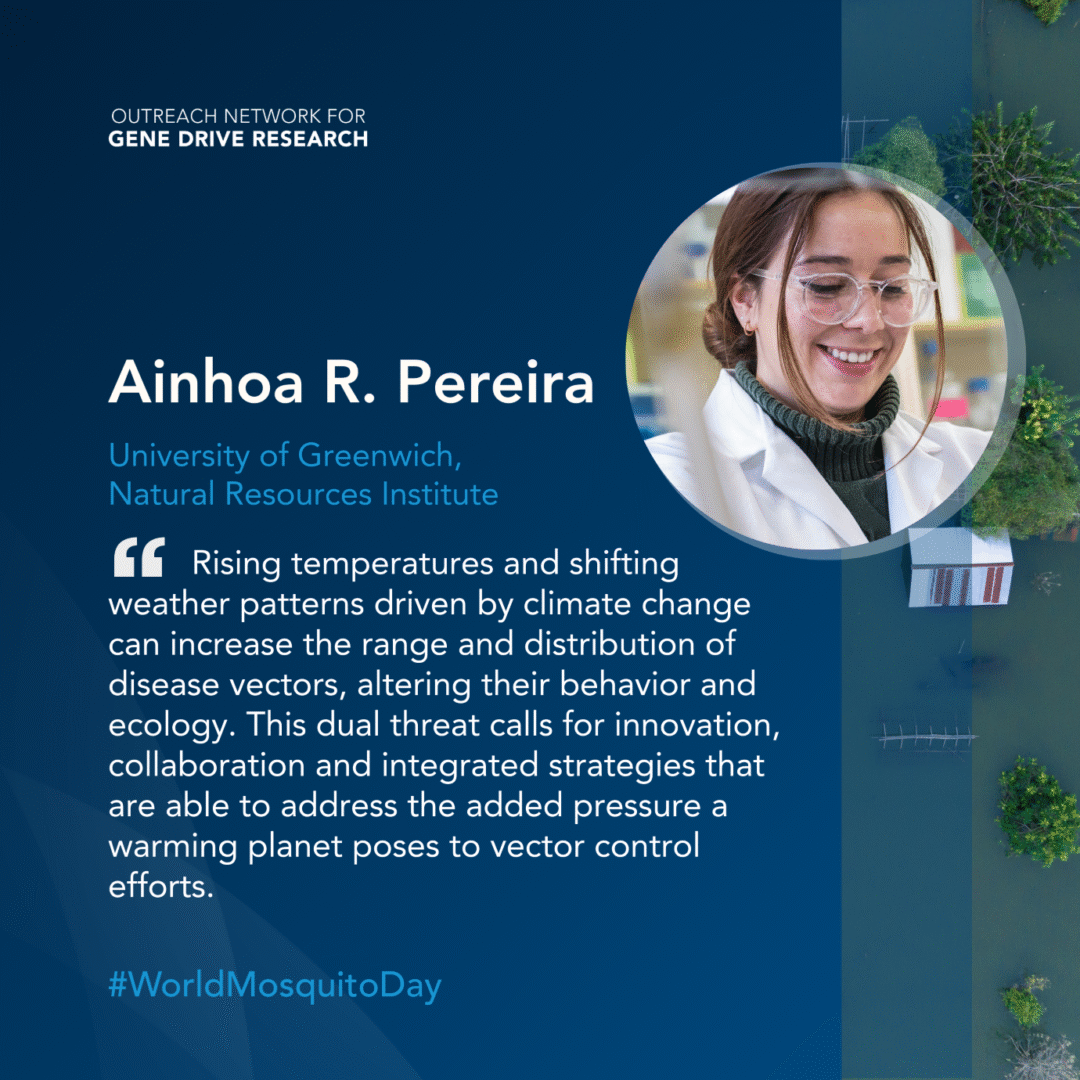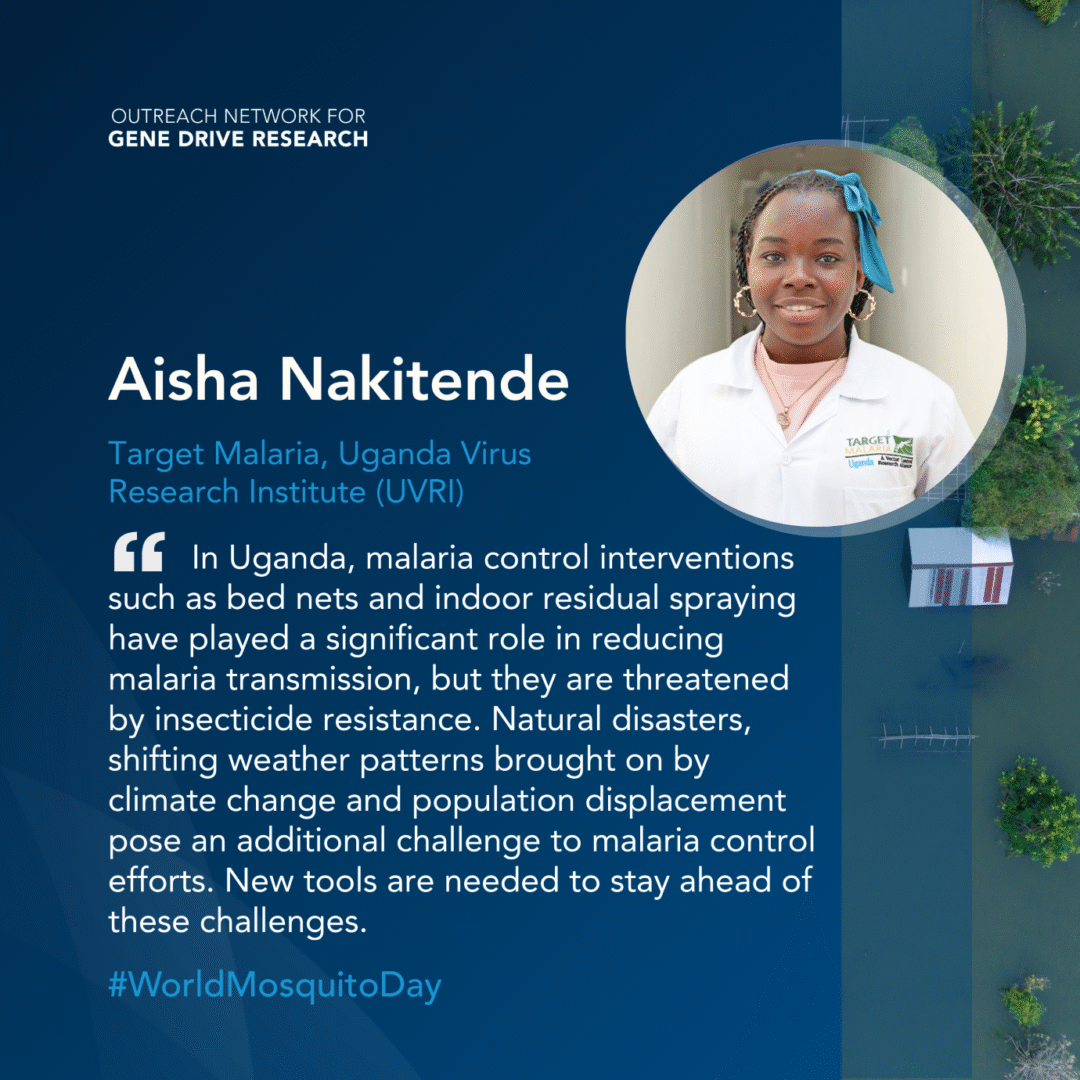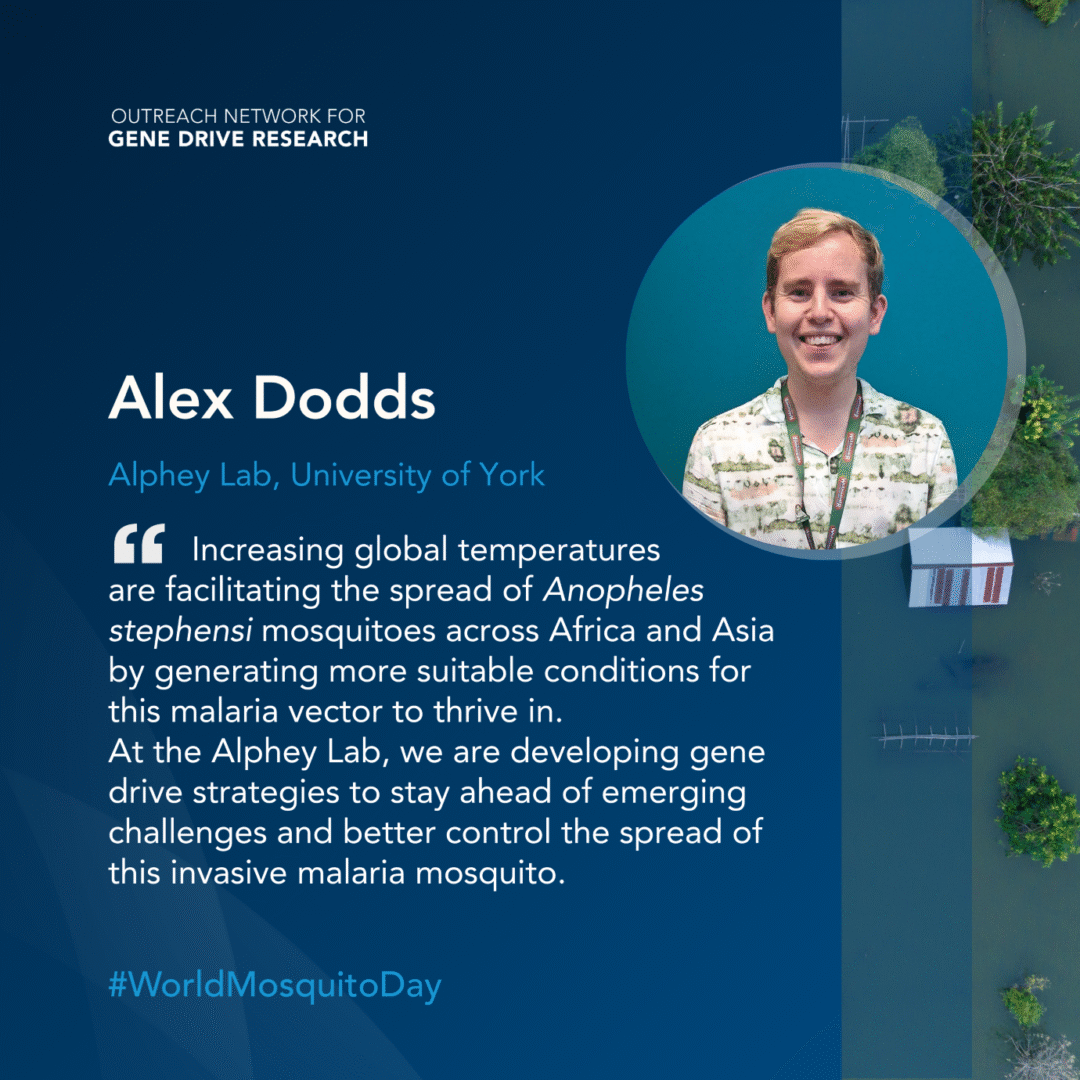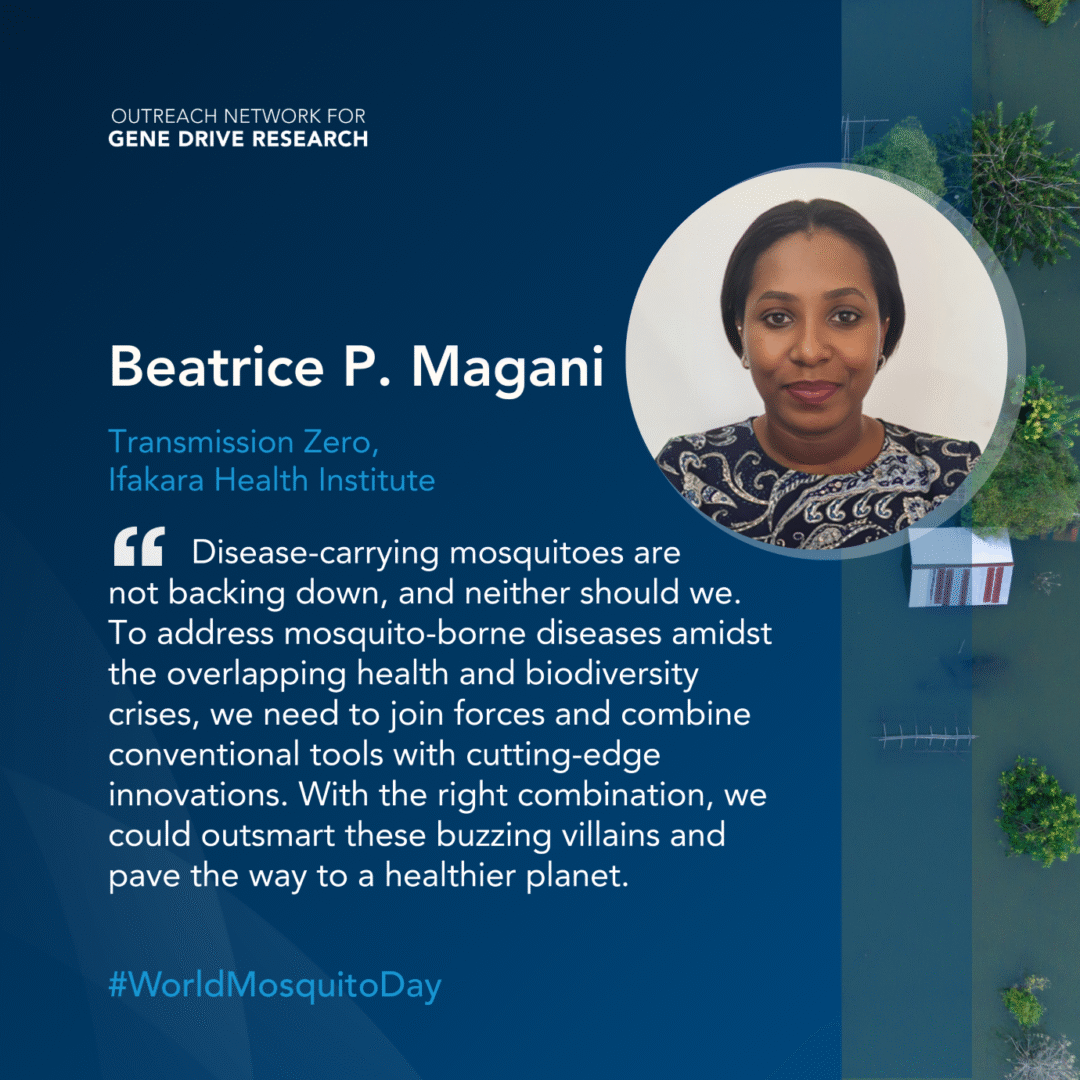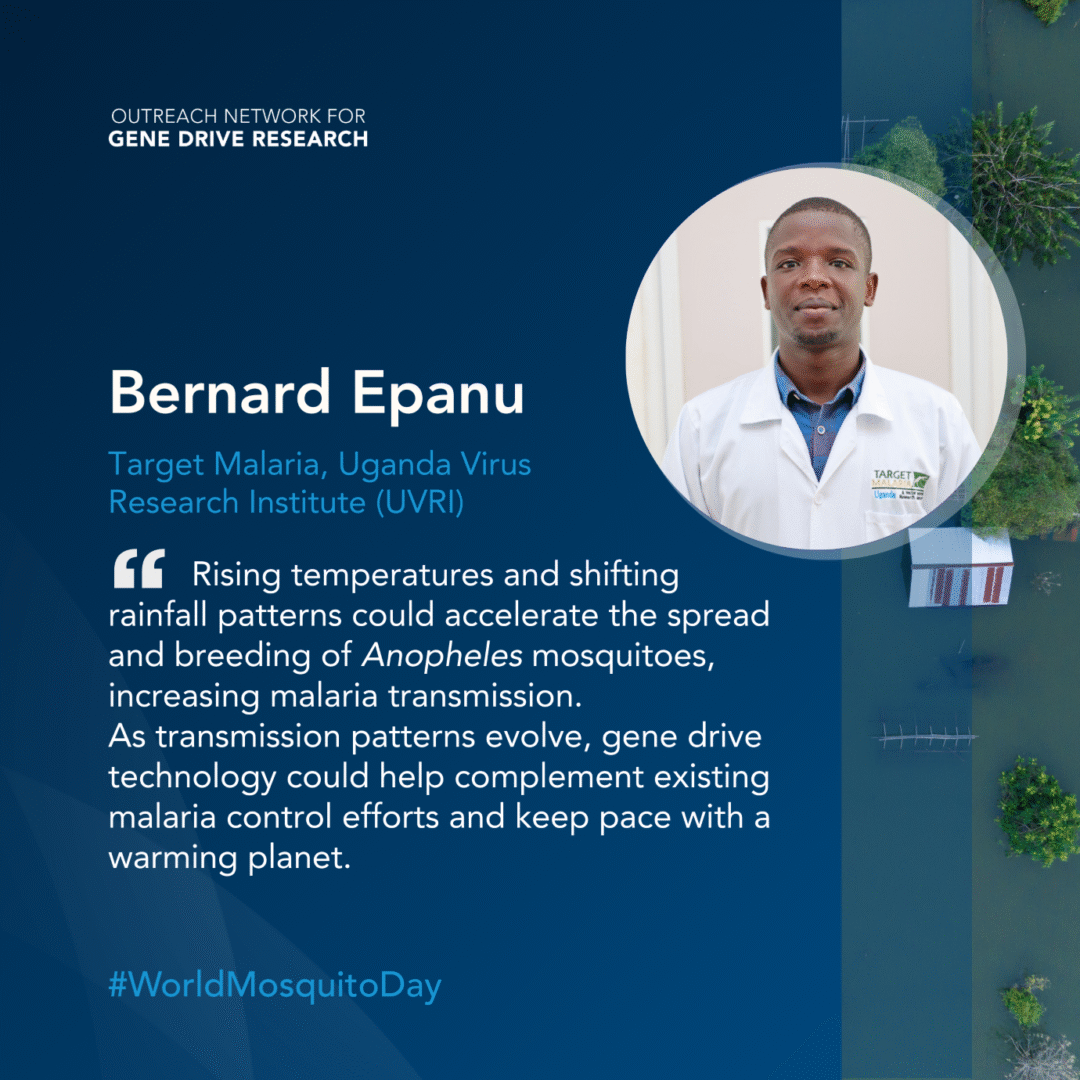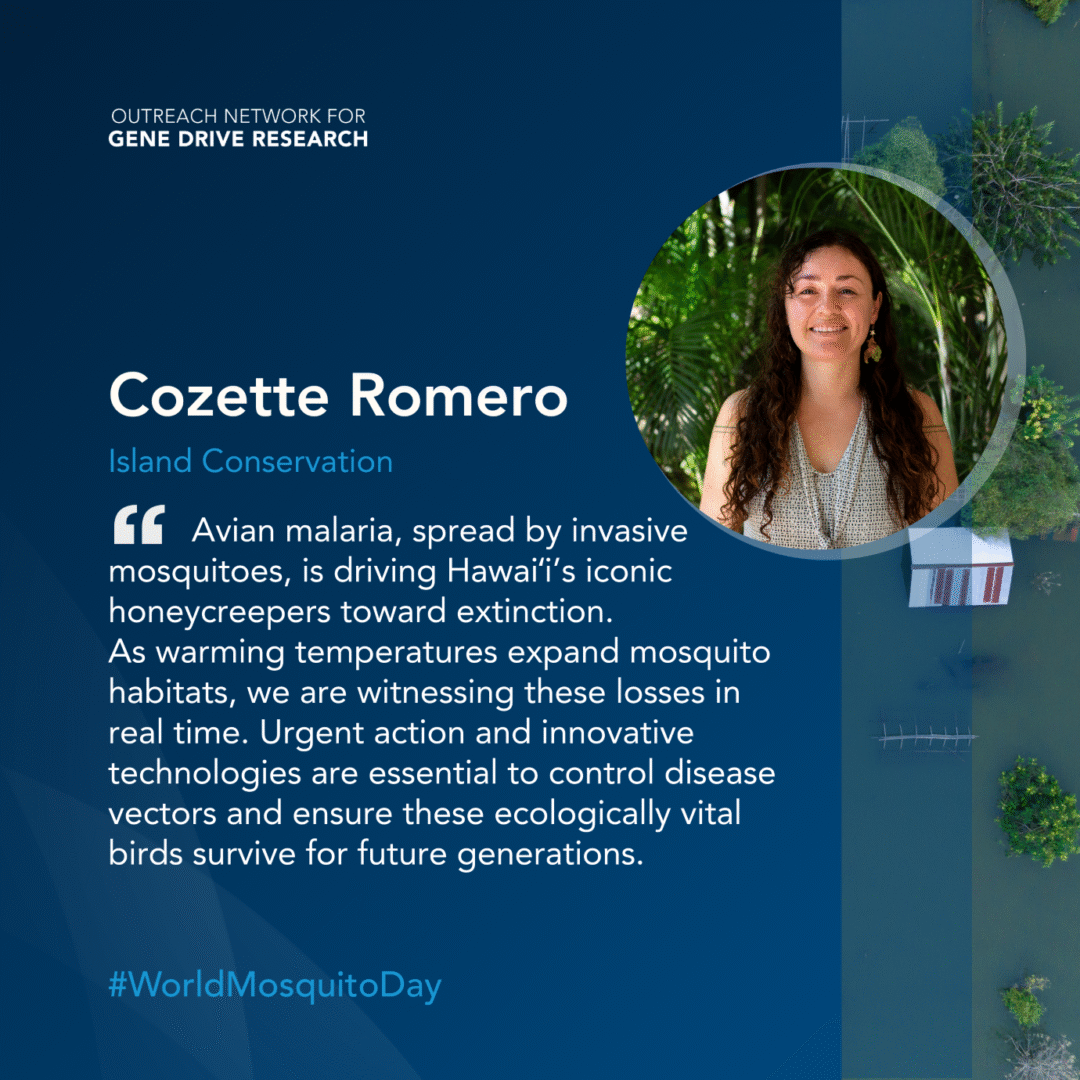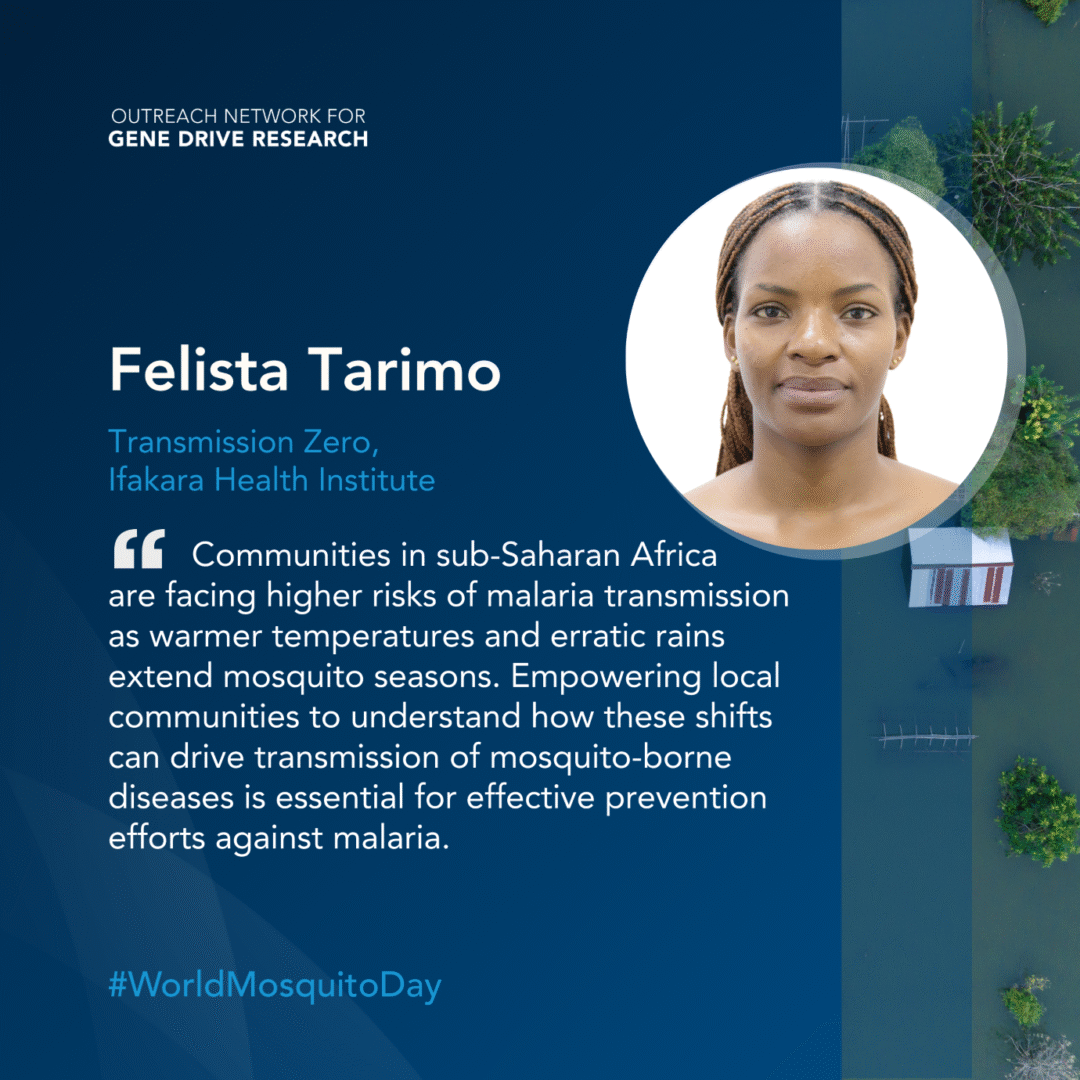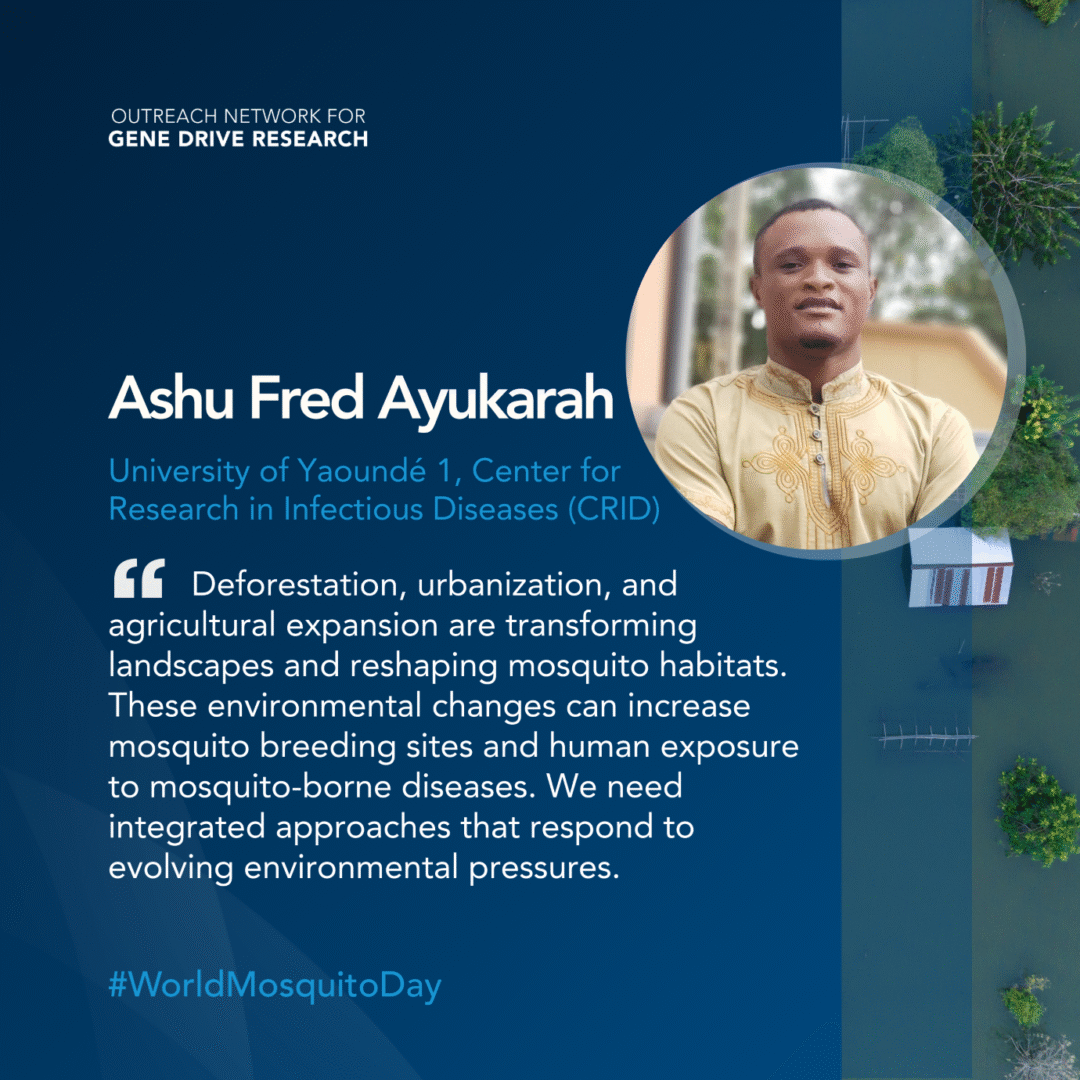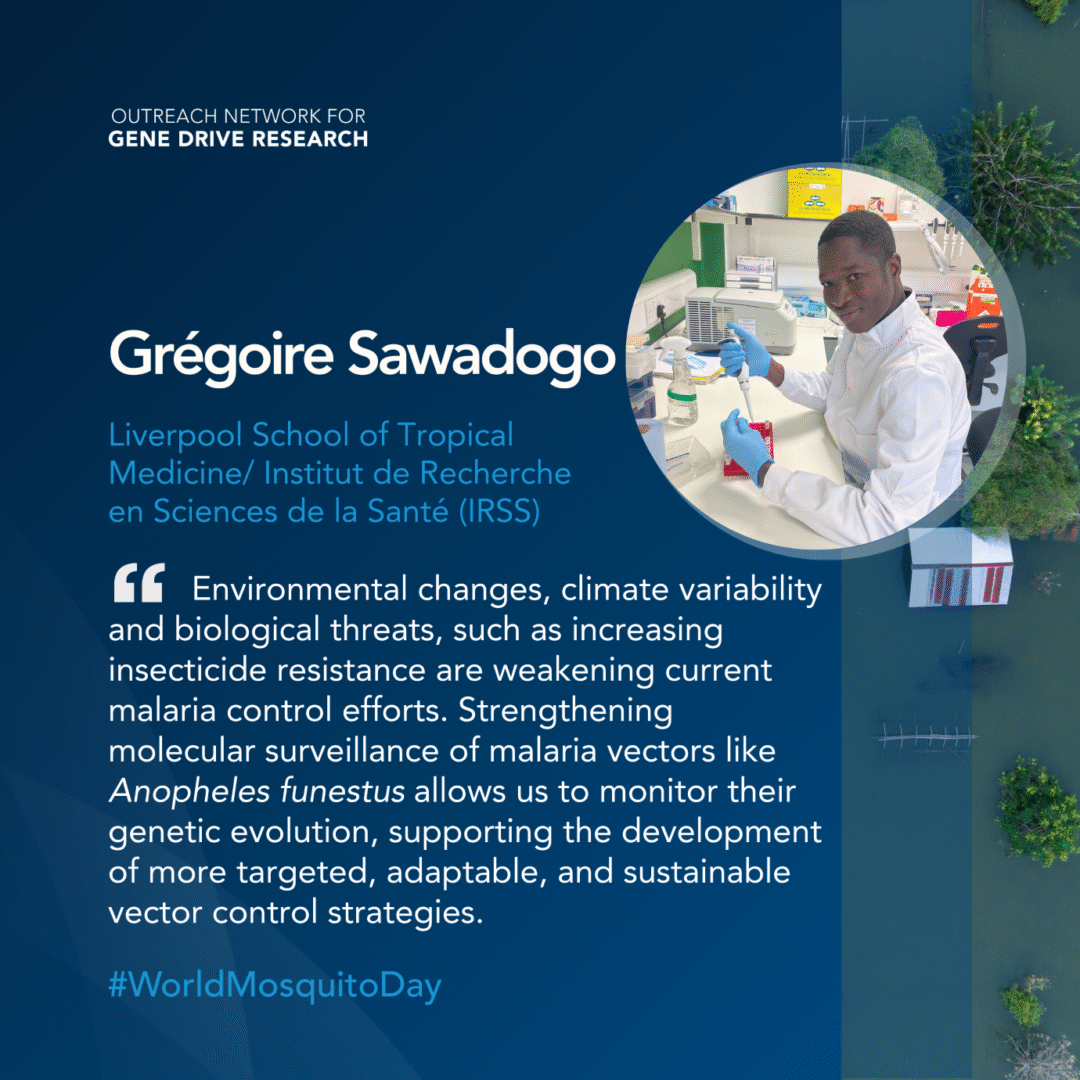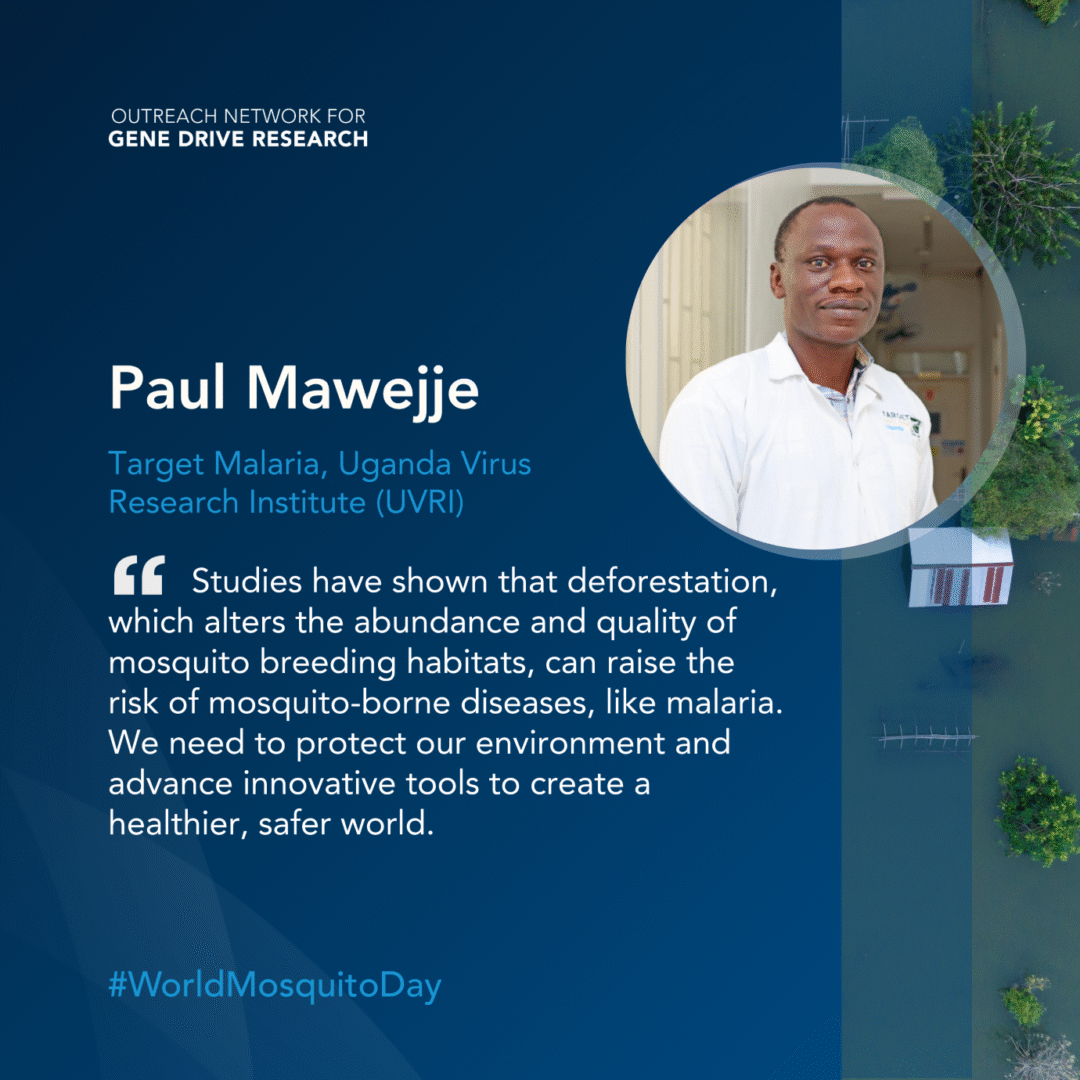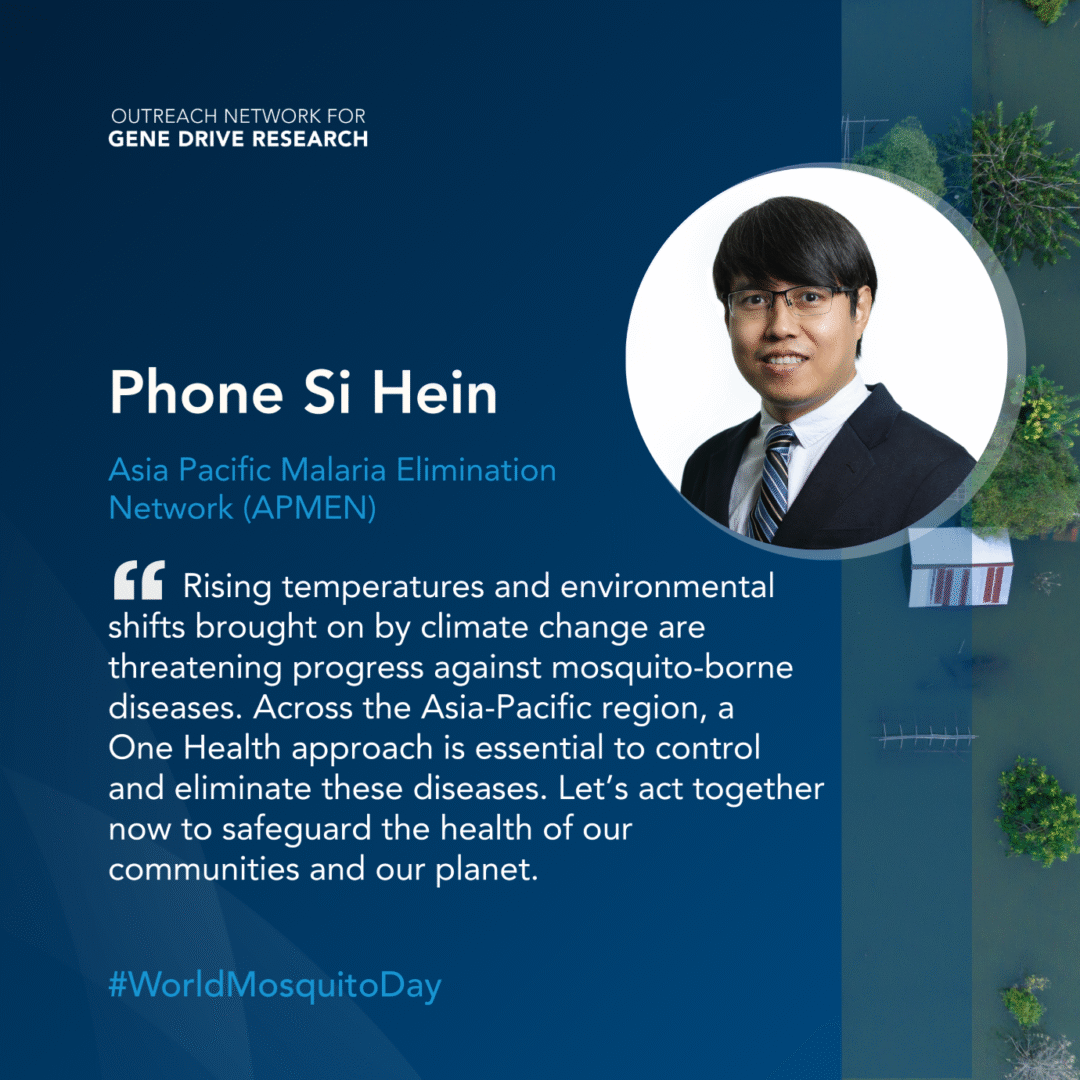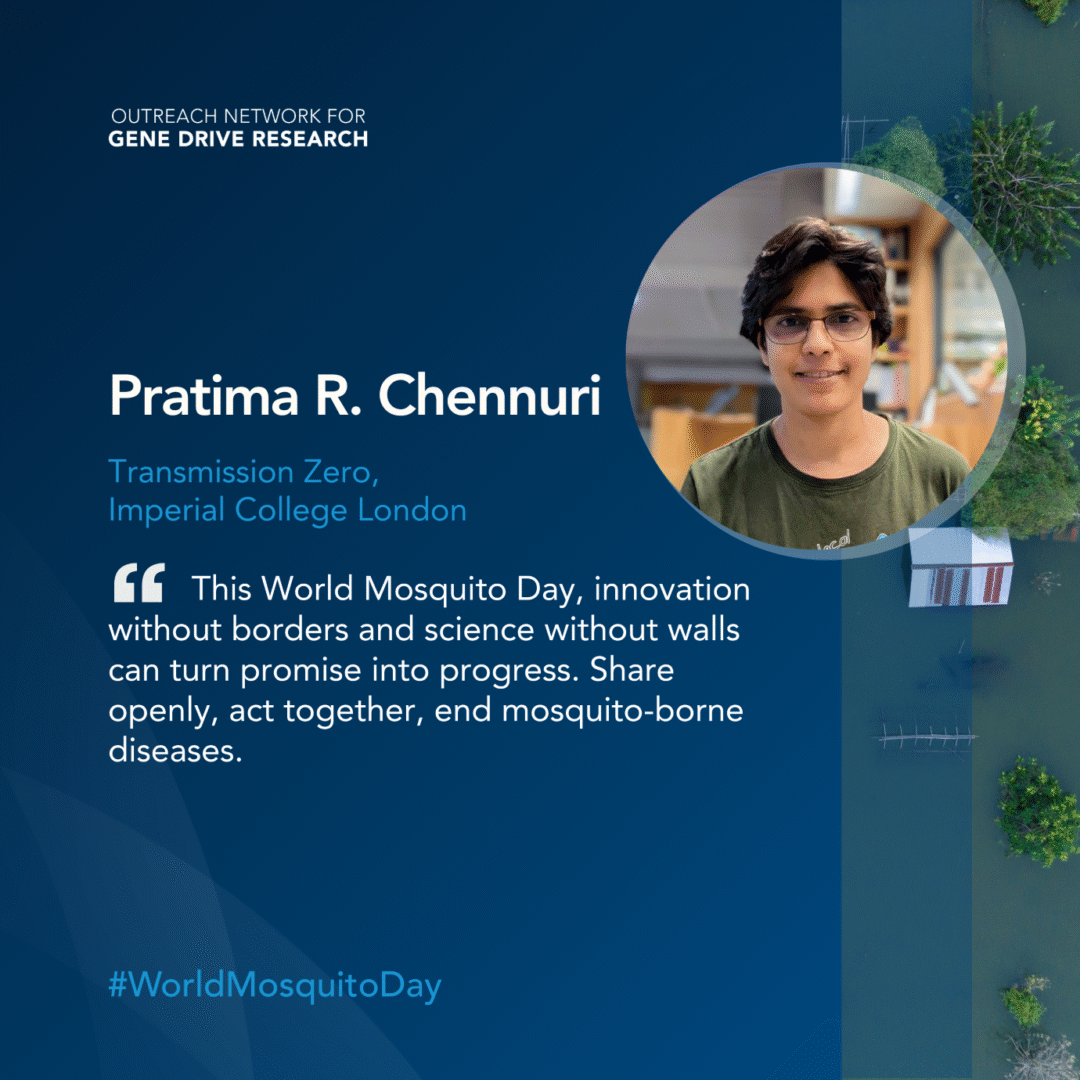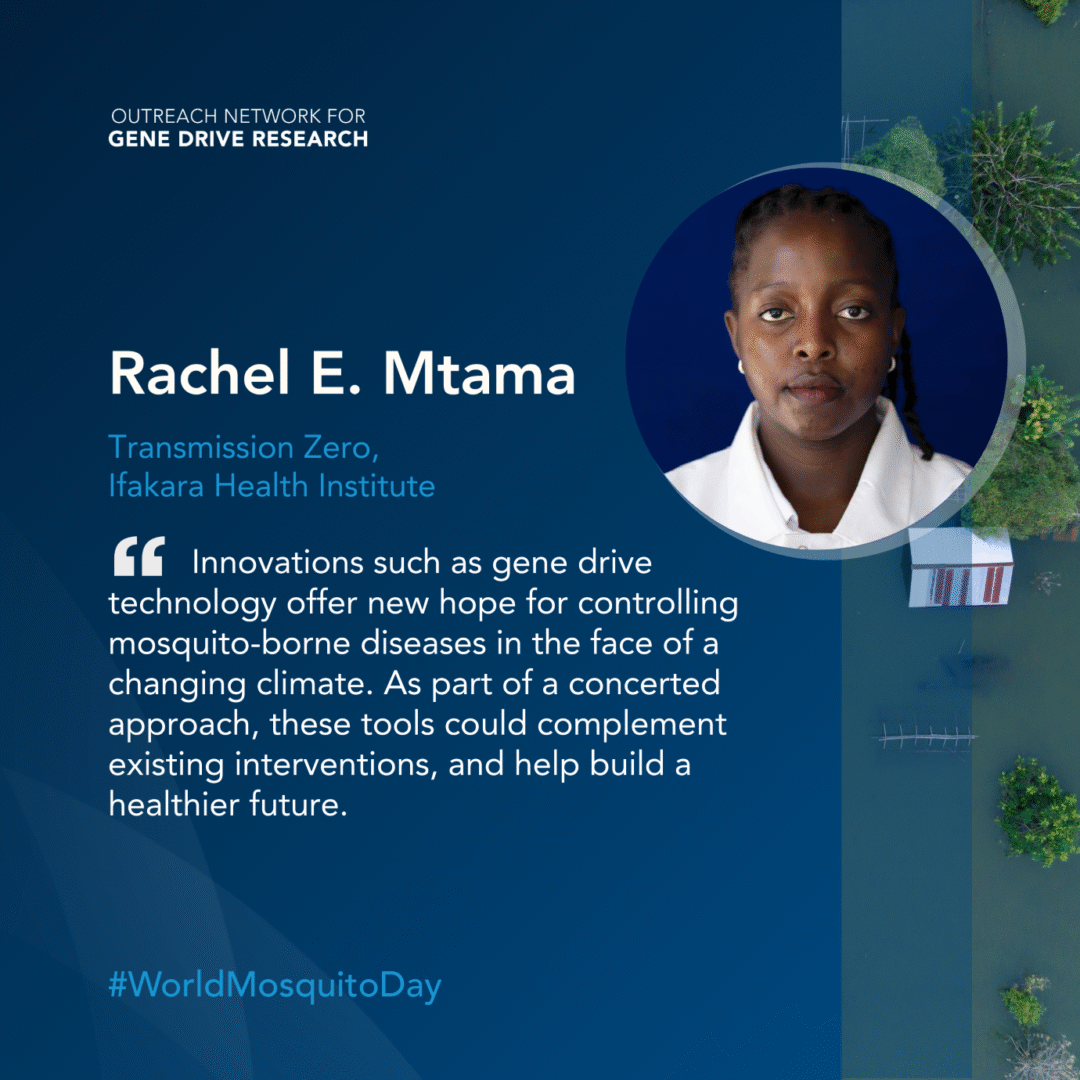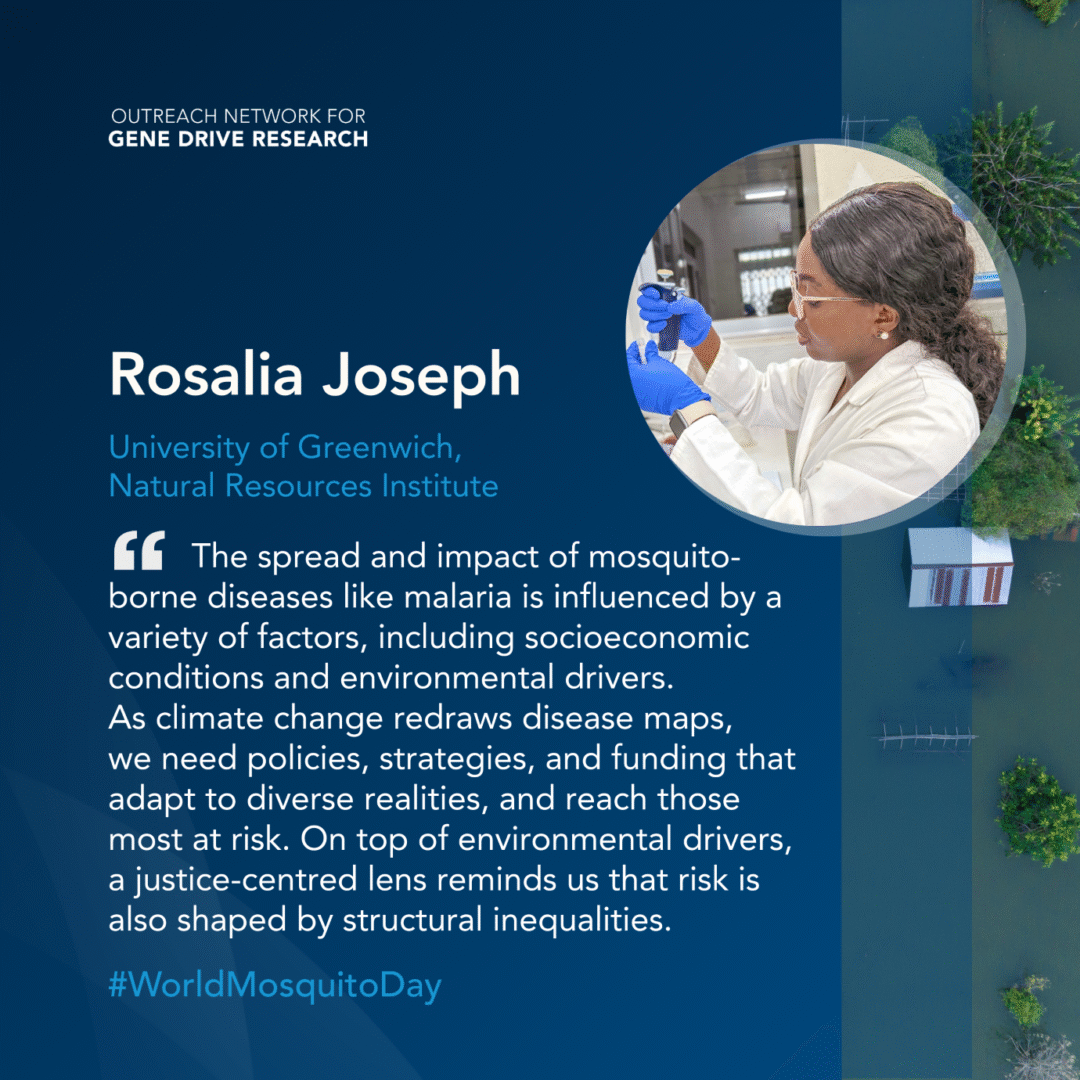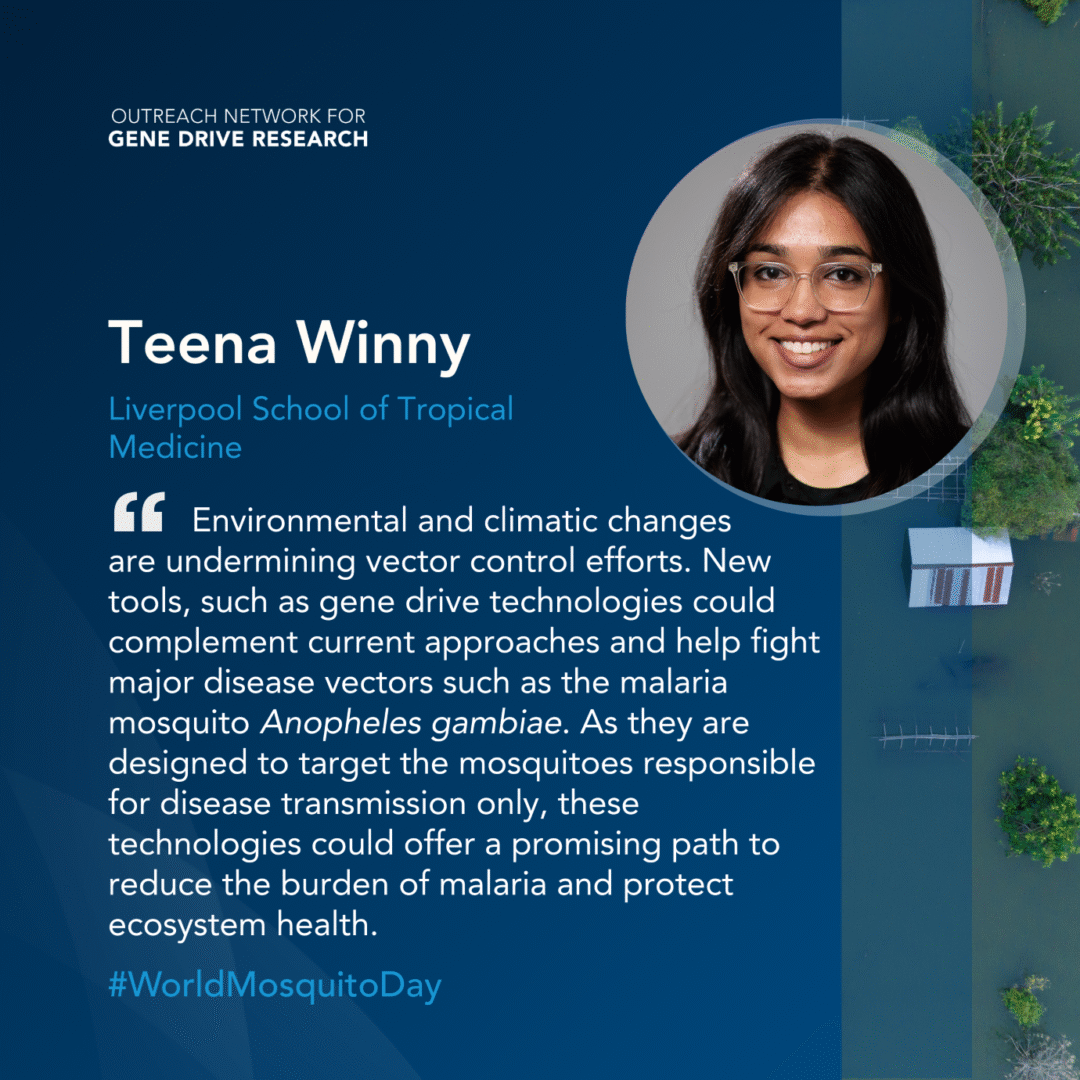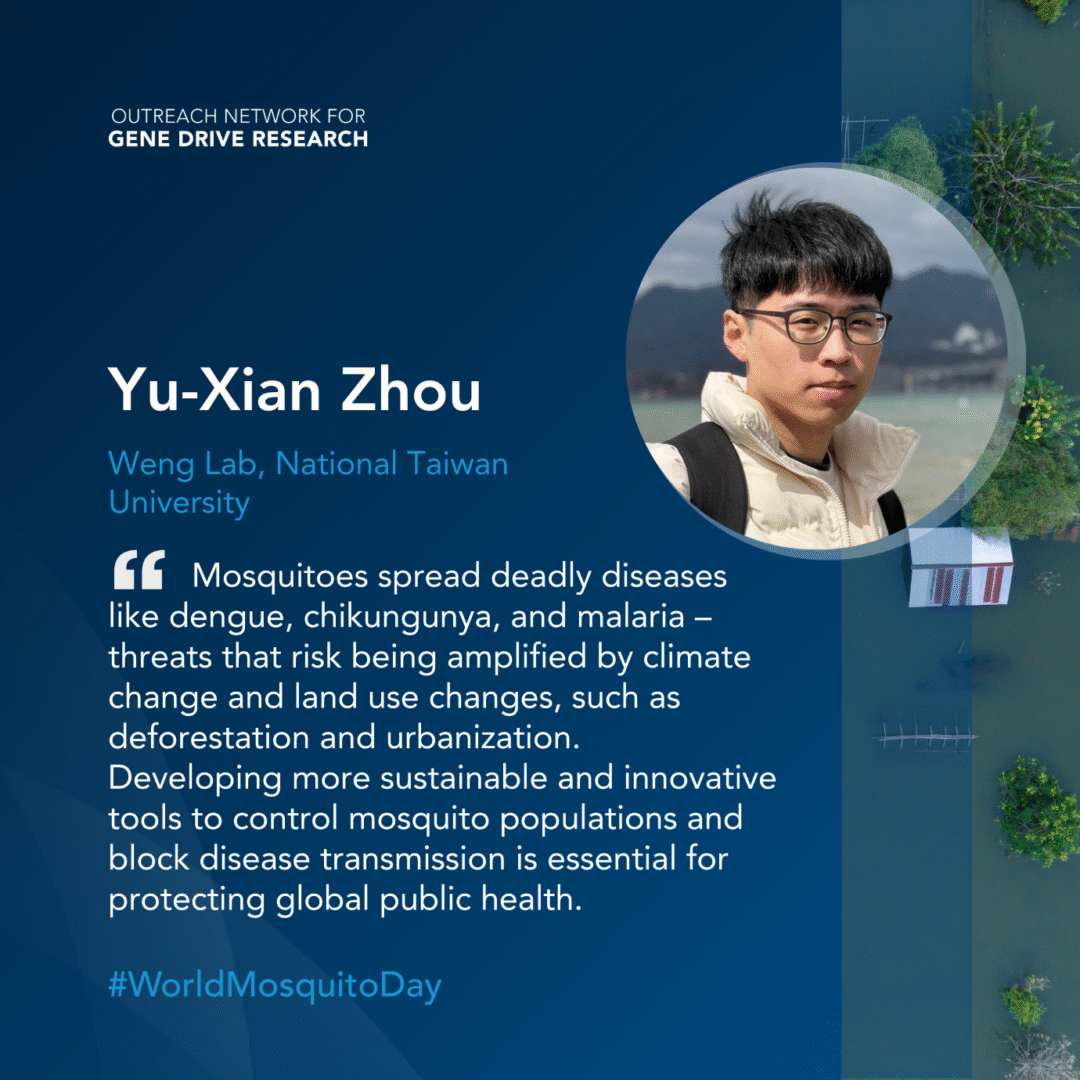World Mosquito Day is a reminder of the urgent and evolving threat posed by mosquito-borne diseases across the globe. In 2024, dengue fever surged to record levels, with over 14 million cases reported globally. Malaria remains a deadly threat, with 263 million cases and 597 000 deaths caused by the disease in 2023 alone. The rise in mosquito-borne diseases highlights not only a growing public health challenge, but also the influence of broader environmental shifts that are creating more favorable conditions for disease transmission.
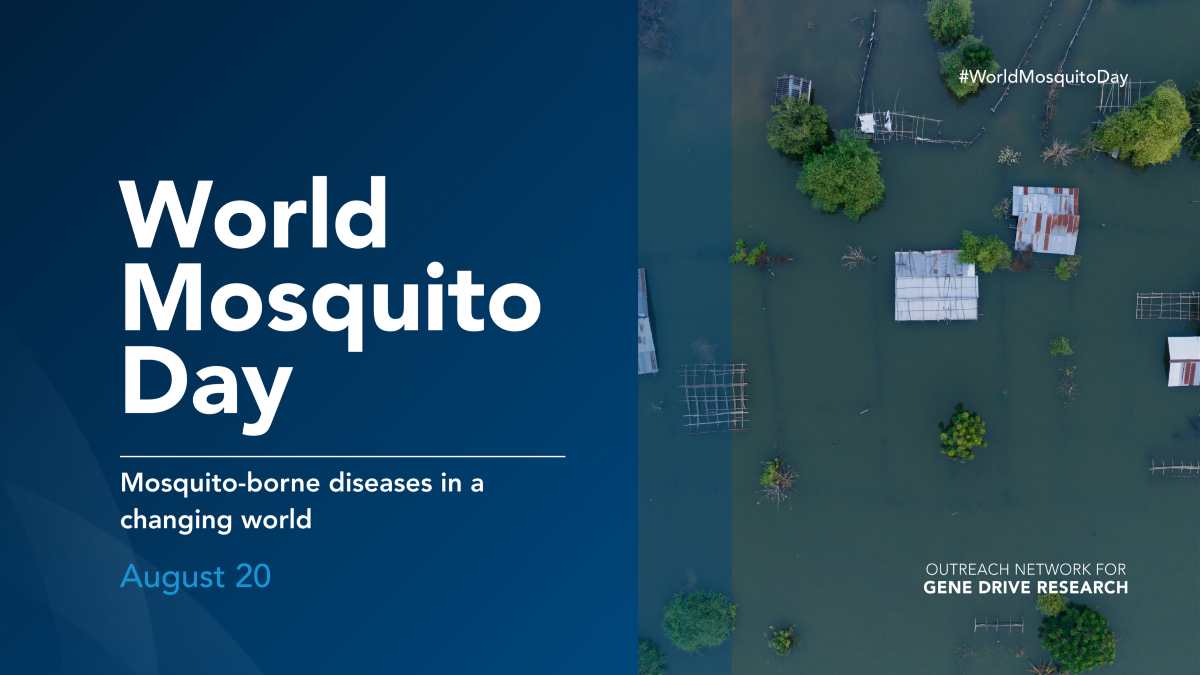
Rising temperatures and shifting rainfall patterns due to climate change are increasing environmental suitability for the transmission of mosquito-borne diseases such as dengue and malaria. Heavy rainfall, humidity and increasing temperatures can favor the expansion and establishment of mosquito vector populations. As a result of the 2022 floods in Pakistan for example, the malaria burden in the WHO Eastern Mediterranean Region surged, with an estimated 10.2 million cases reported in 2023 – an increase of 137% compared to 2015. These climate shifts can affect even healthy populations by exposing them to unfamiliar diseases or threats, and disproportionately affect the already vulnerable.
Shifts in mosquito-borne disease transmission have also been linked to changes in land use such as deforestation, unplanned urbanization, population growth and other globalization-related dynamics. Deforestation for example can bring people, livestock, and wildlife into closer contact, facilitating the spillover of pathogens. In parts of Southeast Asia, the destruction of forest habitats has coincided with rising cases of zoonotic malaria transmitted from macaques to humans. Meanwhile, in many densely populated urban areas, the lack of safely managed water and sanitation services forces households to store water in large containers. Combined with poor drainage and inadequate sanitation, these conditions create numerous breeding sites for mosquitoes, increasing their density and the risk of disease transmission.
These converging crises demand an integrated response. A One Health approach, recognizing the interconnectedness between human, animal, and environmental health, is key to tackling mosquito-borne diseases in a changing world. As part of an integrated approach, innovative tools could complement the existing toolbox, helping to accelerate progress toward a healthier planet.
For World Mosquito day this year, the Outreach Network for Gene Drive Research’s campaign aims to shed light on some of the environmental and climatic factors driving the spread of mosquito-borne diseases, and how we can address this growing threat, through the insights of 17 experts and researchers from around the world.
